Mastering the Art of Interviewing as a Fresh Graduate
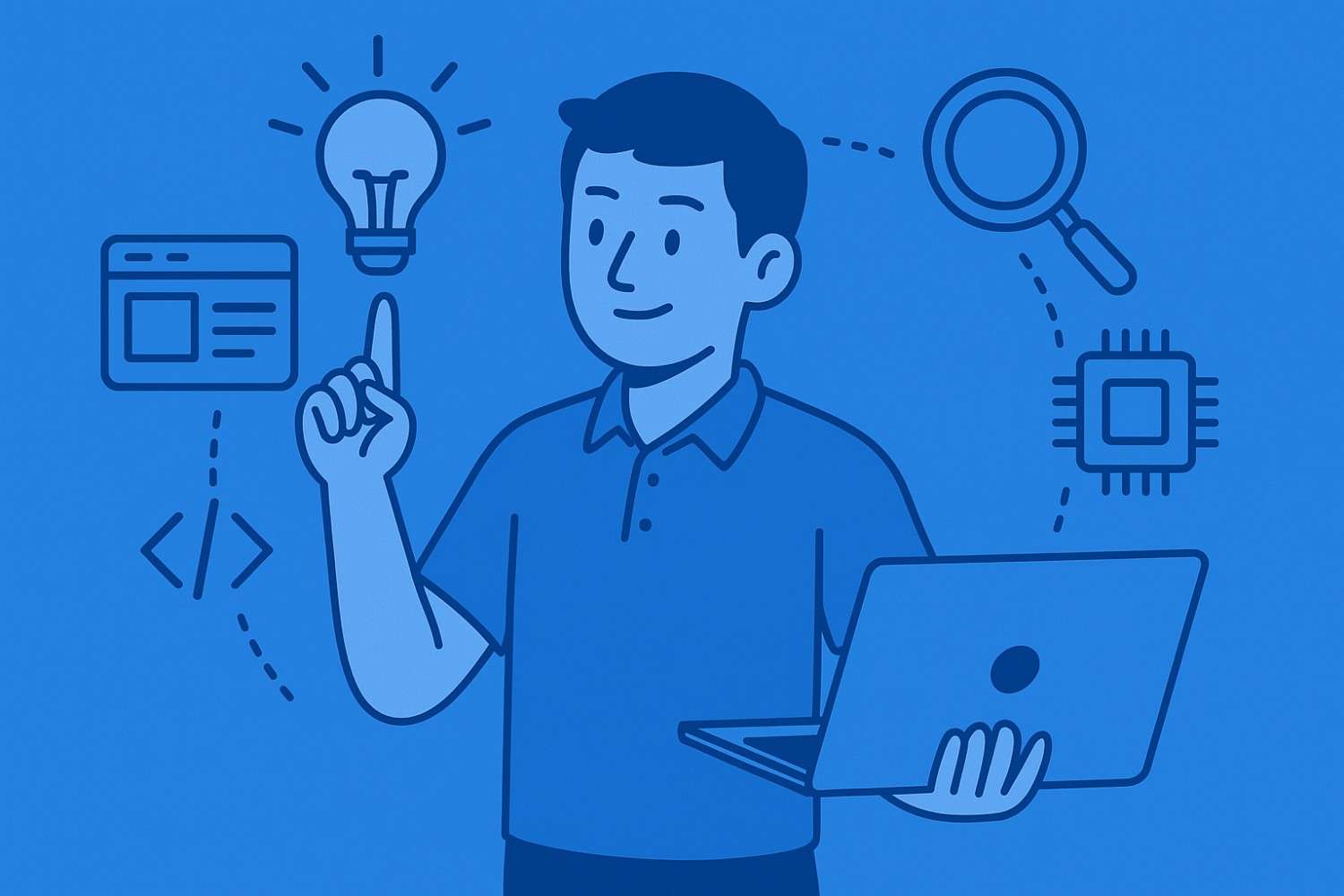
Discover the top fresher jobs in tech for 2025. Explore emerging roles, in-demand skills, and how to land...
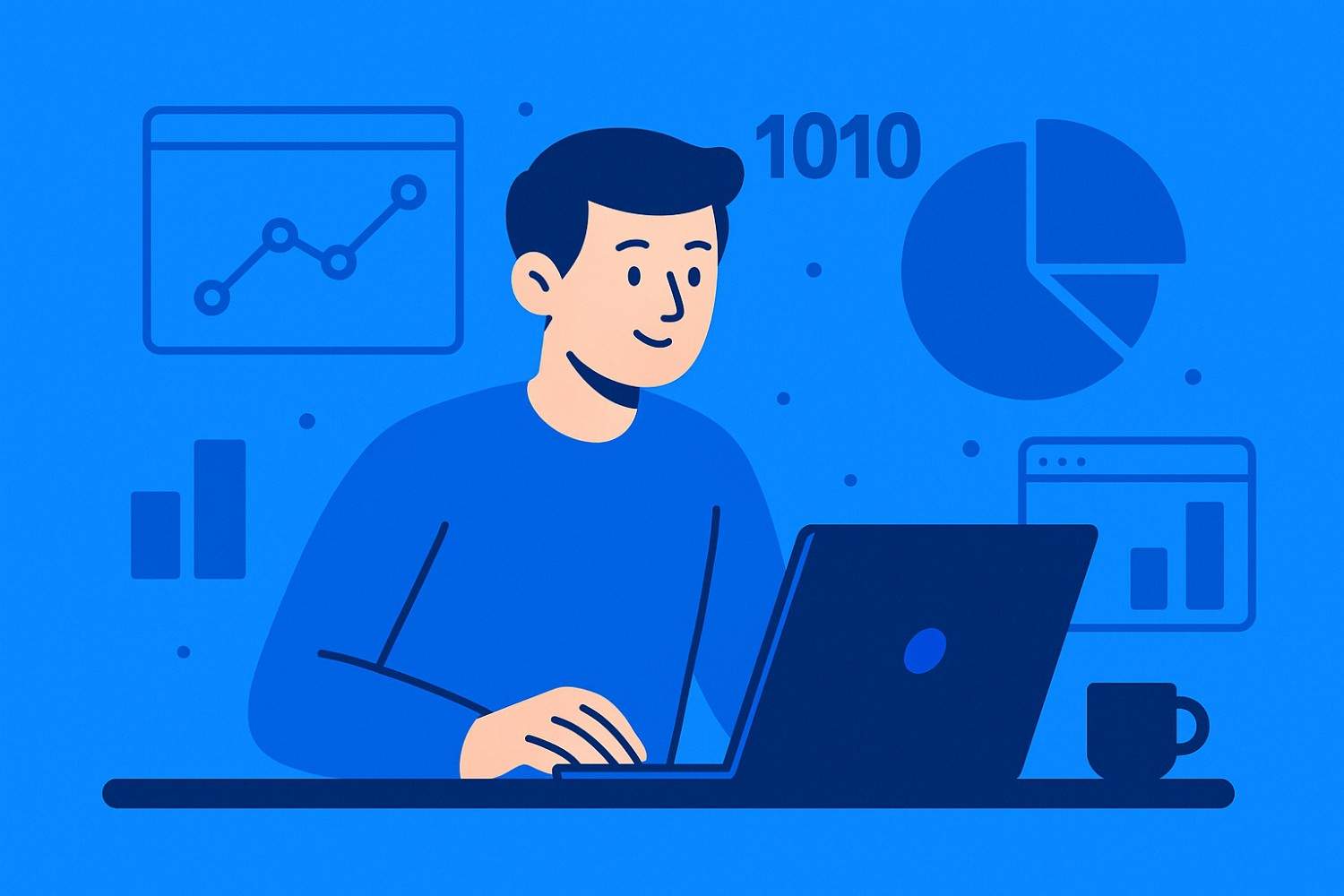
Learn about the top fresher jobs, skills required, and practical steps to land your first role.

Breaking into the fresher job market? Here's your complete guide to current hiring trends, sectors with high demand,...

Learn how to negotiate your first salary as a fresh graduate. Get tips on timing, confidence, research, and...

Learn how to succeed in job interviews as a fresh graduate. Includes common questions, preparation tips, and...

Learn how freshers can use LinkedIn to find their first job. Optimize your profile, build connections, and apply confidently.
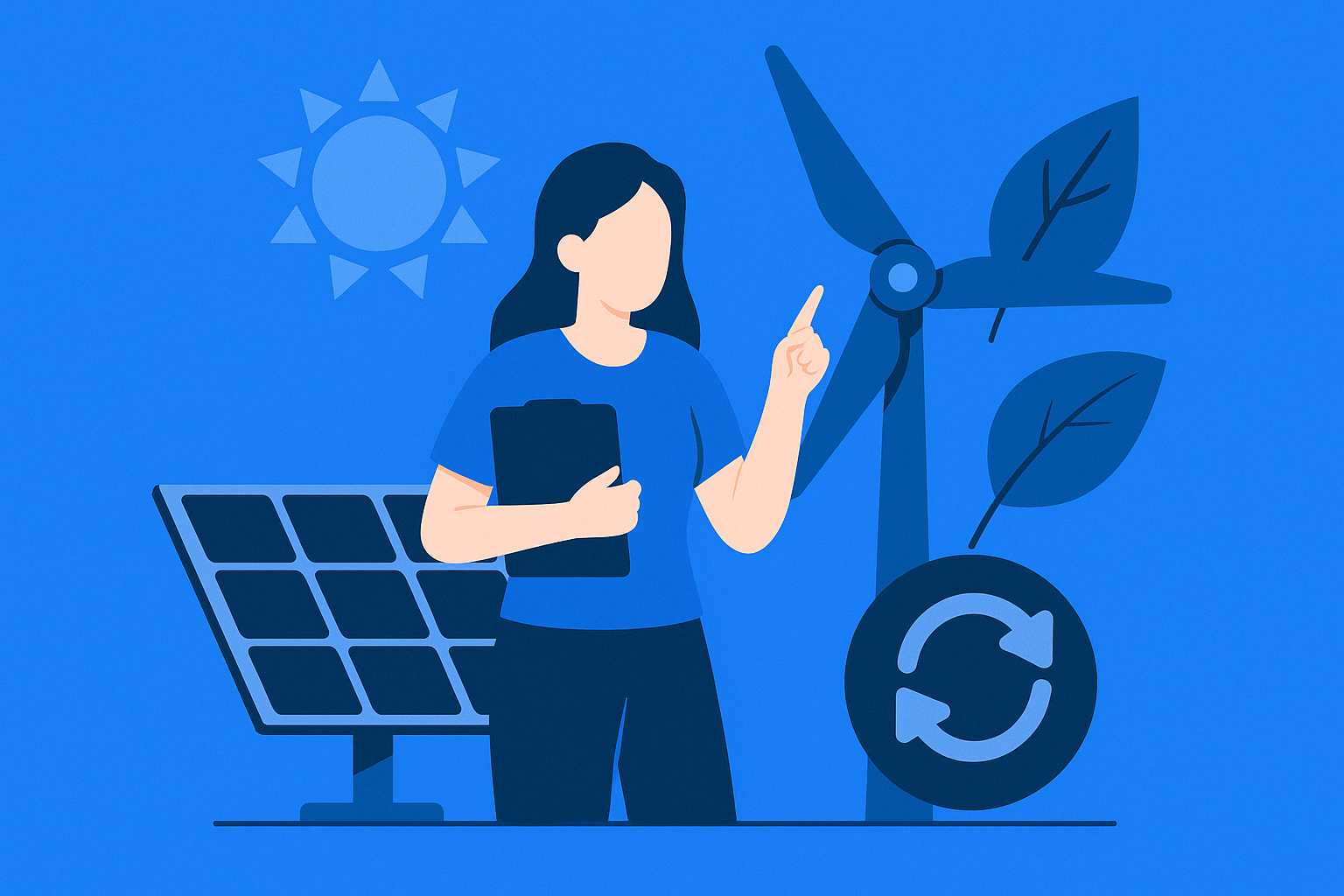
Explore entry-level renewable energy jobs and green careers for freshers in India. Learn how to start a career in...
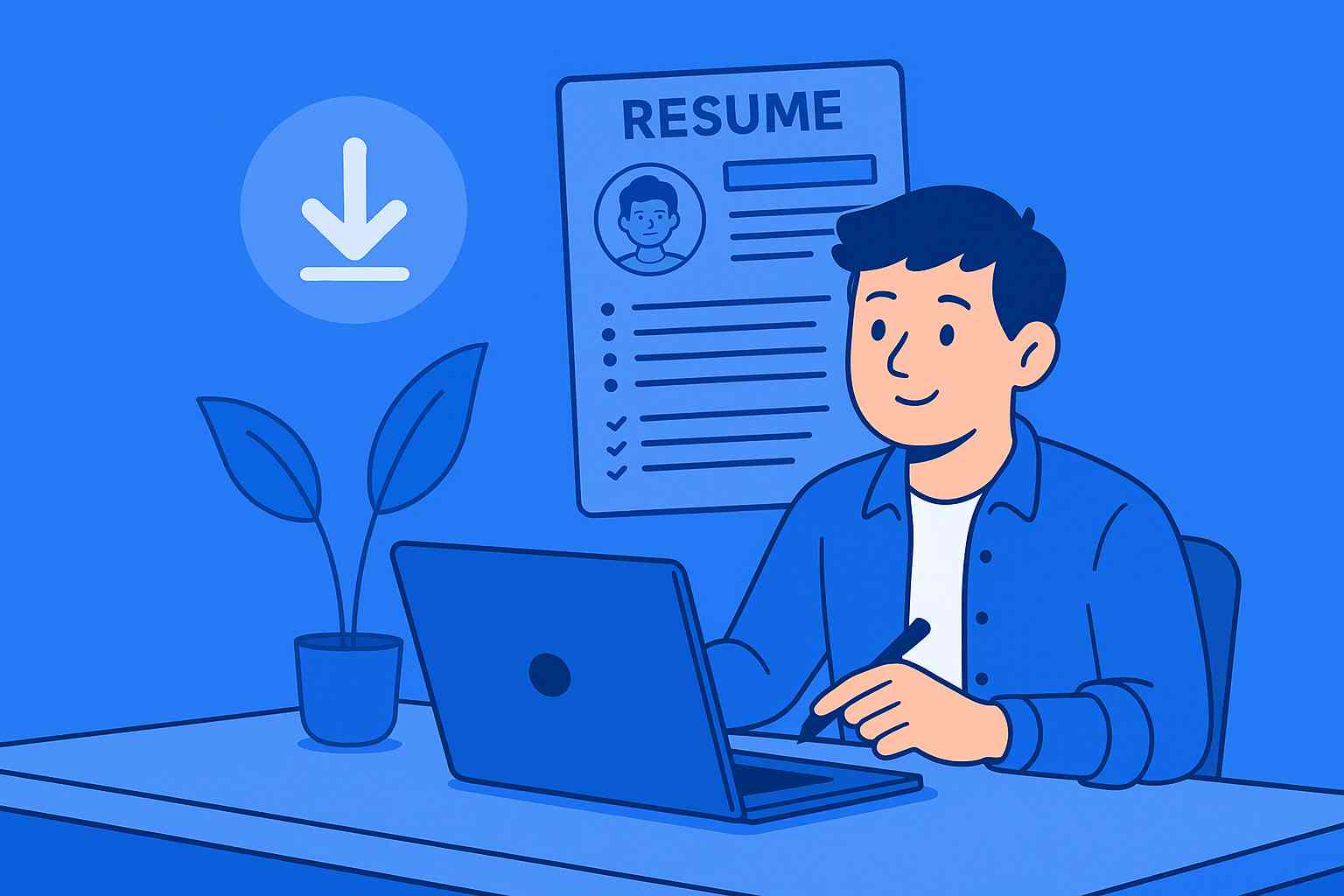
Download easy-to-edit resume templates for freshers. Learn how to customize your resume to apply for jobs, even with...

Explore the top healthcare jobs for freshers in medical technology, clinical support, and diagnostics. Learn how to...

Explore entry-level finance jobs for freshers, from analyst roles to banking. Learn the skills required, where to...

Learn how freshers can start a career in e-commerce. Explore entry-level roles, required skills, and growth paths in...
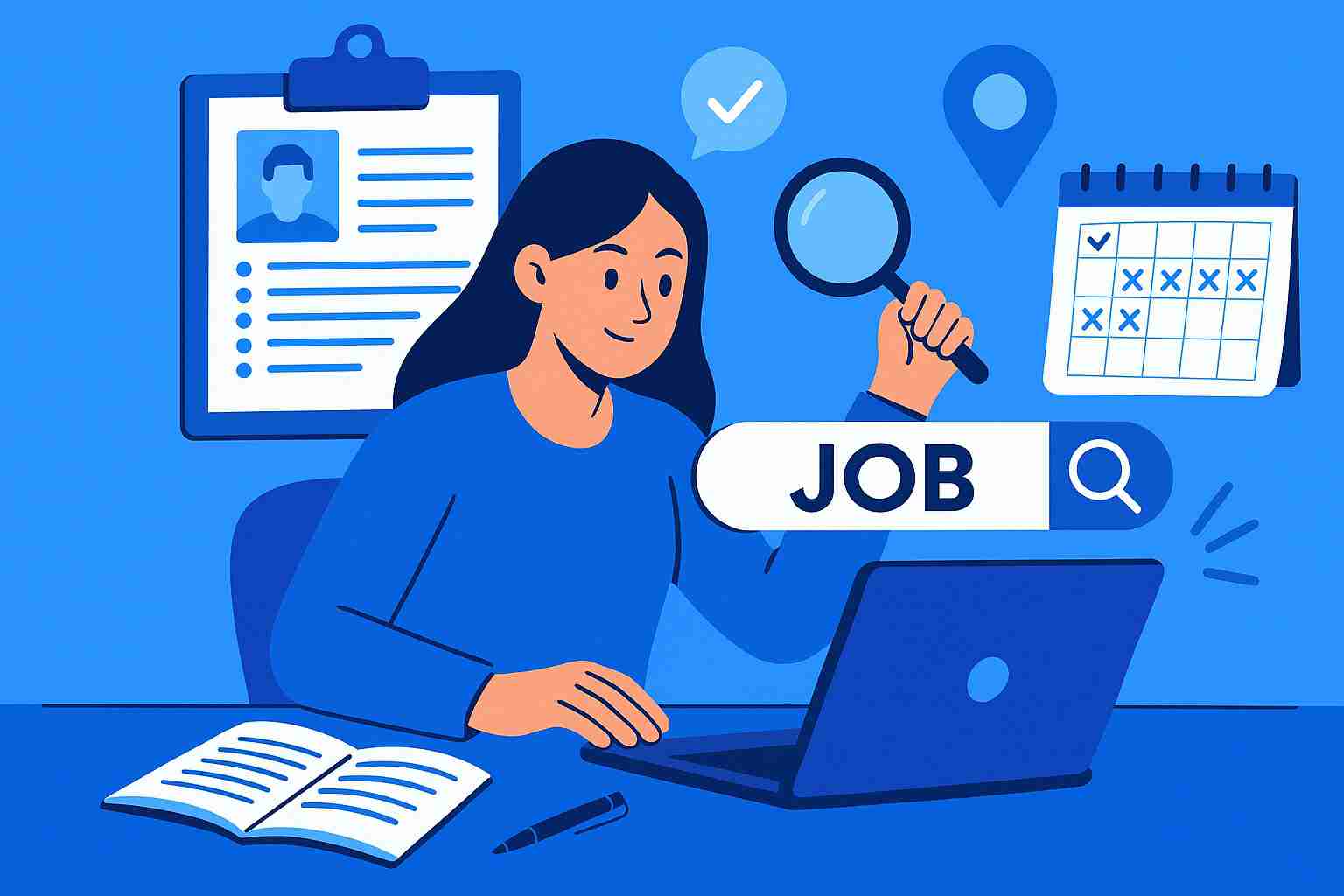
Discover practical job search strategies for freshers. Learn how to write better resumes, use job platforms, and...
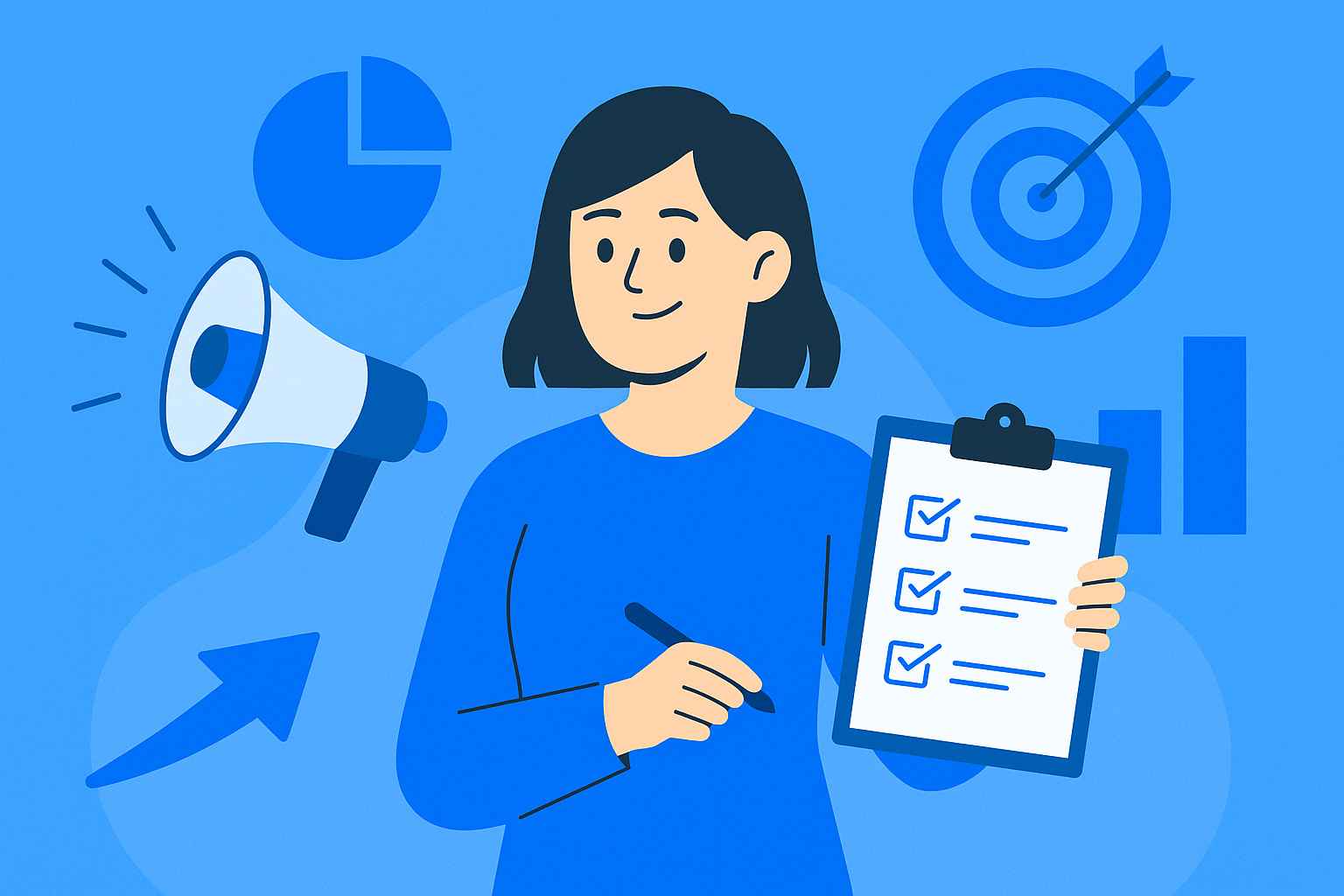
Discover the best marketing jobs for freshers, how to get started with no experience, and what roles offer real...
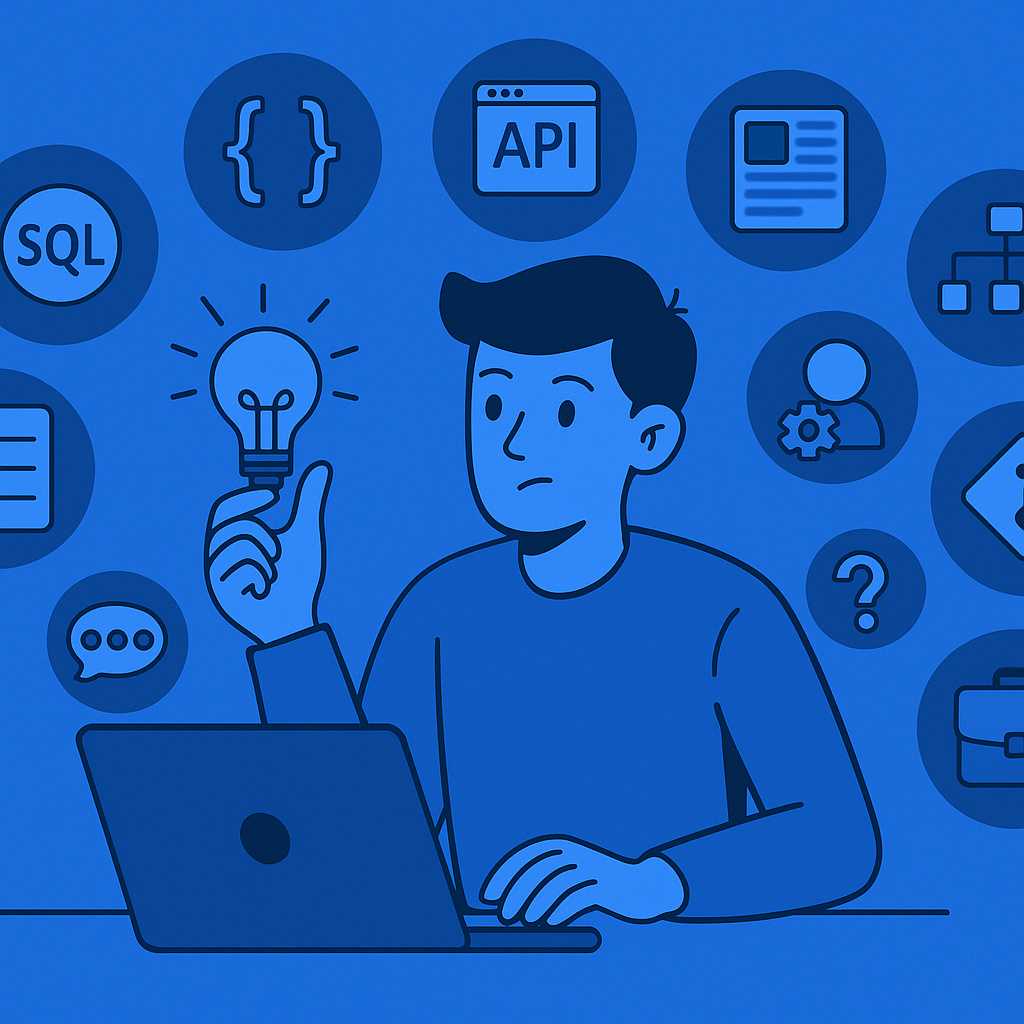
Discover the top technical and soft skills every tech fresher should have to land their first job in the IT industry.

The Indian rupee dipped to 85.70/USD as investors await U.S. jobs data and a looming trade deal deadline, yet...

Ask these key self-reflection questions to define your goals, boost confidence, and land your dream job across any...

Learn how freshers can build a strong professional network from zero. Discover networking events, online platforms,...

Discover the top 10 in-demand fresher jobs for 2025. Find high-paying entry-level career opportunities with growth...

Step-by-step fresher resume writing guide with proven formats and examples. Build a professional CV that stands out...

Complete job hunt guide for freshers. Learn resume writing, interview tips, networking strategies, and job search...

Top fresher interview questions with sample answers and preparation tips. Master your first job interview with...
Resources
-

Set up personalized job alerts to receive notifications about new job openings that match your...
-

Find part-time job opportunities perfect for students, parents, and professionals seeking...
-

Work from home jobs across industries with flexible hours, competitive pay, and real career...
-

Create professional resumes with easy-to-use resume builders. Choose from templates, get...
-

Kickstart your career with internships tailored for students and graduates — explore paid,...
-

Remote jobs have revolutionized how we work, giving professionals the freedom to contribute from...
-

Find the best fresher jobs and entry-level opportunities across IT, Finance, Marketing, and...

You have finished college and your resume is ready. Now comes the part that most fresh graduates dread, the job interview.
It is completely normal to feel nervous. You might be wondering what you should say, how to answer tricky questions, or how to project a sense of confidence when you are feeling anxious on the inside. The pressure to make a great first impression can feel immense.
But here is the good news: interviewing is a skill, not an inborn talent. It is something that you can learn, practice, and master, even if you have zero prior work experience.
This guide will break down everything you need to know, from the crucial preparation phase to your performance on the day of the interview. Our goal is to help you walk into your next interview feeling calm, confident, and ready to succeed.
Shifting Your Mindset: From a Test to a Conversation
Before we dive into the tips, let's address the biggest source of anxiety. Most freshers view an interview as a test where they are being judged and graded. This mindset naturally creates pressure and fear.
A healthier and more effective way to think about an interview is as a two-way conversation. You are there to see if the company is a good fit for you, just as they are seeing if you are a good fit for them.
This simple shift in perspective can help you relax, be more authentic, and turn a stressful interrogation into a positive and engaging discussion.
Why Interviews Matter More for Freshers
You do not have years of job experience or a long list of professional achievements to back you up, and employers are fully aware of that. They are not looking to hire a seasoned expert.
What they truly want to see during an interview is your potential.
How you communicate, how you approach problems, and how you carry yourself in a conversation make a huge difference. These factors help a hiring manager decide if you are the right person to invest in for the future.
When a fresher manages to ace an interview, it is almost always because they demonstrated a few key qualities: - They prepared thoroughly before the call, showing professionalism. - They practiced their answers, showing they take the opportunity seriously. - They showed genuine curiosity and energy, signaling their engagement. - They made an effort to understand the company’s needs, showing their alignment.
If you can focus on these four areas, you will already be ahead of many other candidates.
What Do Employers Really Look For in a Fresher?
Before you begin practicing specific questions, it is important to understand what hiring managers are trying to evaluate when they interview a fresh graduate.
They are not looking for perfection. They are looking for someone who is motivated, teachable, and has the core attributes to become a valuable team member.
Strong Communication Skills
This is about more than just speaking fluently. It includes listening carefully to the questions being asked, structuring your answers in a clear and concise way, and following up professionally after the interview.
A Willingness to Learn
Your attitude toward learning is one of your greatest assets as a fresher. Employers look for candidates who are open to feedback, eager to be trained, and show a genuine interest in growing their skills. You can show this by mentioning online courses you are taking or new skills you are trying to learn.
Reliability and Professionalism
This is demonstrated through simple but crucial actions. It means showing up on time for the interview, dressing appropriately for the role, and meeting any commitments you make during the process, like sending a follow-up email.
A Good Team Fit
Companies want to hire people who can work respectfully and effectively with others. During the interview, they are assessing whether your personality and work style will fit well with their existing team culture.
Genuine Enthusiasm
Hiring managers want to see that you are genuinely interested in their company and the specific role you are applying for. Generic, unenthusiastic answers are a major red flag that you are just looking for any job, not this job.
Pre-Interview Prep: Your Foundation for Confidence
Confidence comes from preparation. The more prepared you are, the less nervous you will feel, and the better you will perform.
1. Know Your Resume Inside Out
Do not just write a resume; be ready to talk about every single line on it.
- Practice explaining your college projects, any internships, or volunteer work you have listed.
- Be prepared to elaborate on any skills or software tools you have mentioned.
- Be honest. If you have added online courses or certifications, make sure you actually completed them and can speak about what you learned.
You can use the JobPe Resume Builder to keep your resume clean, clear, and easy to discuss during the interview.
2. Research the Company Thoroughly
Walking into an interview without knowing what the company does is one of a fresher's biggest mistakes. - Visit their official website and read the "About Us" and "Careers" pages. - Check their social media profiles on platforms like LinkedIn to understand their company culture and recent activities. - Do a quick news search to see if they have had any recent product launches, funding announcements, or achievements. - Understand their core products or services, who their main customers are, and what their company mission is.
If the company is listed on JobPe Companies, you can also check for information on fresher roles and average interview ratings there.
3. Understand the Role You Are Applying For
Read the job description carefully, not just once, but two or three times. - Make a note of the key skills, responsibilities, or tools they mention in the requirements. - Think about how your own background, even your academic projects, connects to these needs. - Prepare to explain why you are specifically interested in this role, not just any job.
Even if you do not meet 100% of the criteria, your enthusiasm and willingness to learn can go a long way in convincing the interviewer.
Common Interview Questions for Freshers (and How to Answer Them)
Let’s go through the questions you are almost guaranteed to face in your first few interviews and a simple framework for how to answer them.
“Tell me about yourself.”
This is not an invitation to share your life story. It is an opening to give a concise professional pitch. Keep your answer under 60 seconds and structure it well.
- Present: Start with who you are now (e.g., "I am a recent graduate in...").
- Past: Briefly mention one or two key experiences or skills from your studies that are relevant to the job.
- Future: End by connecting your background to why you are excited about this specific role.
“What are your strengths?”
Pick two or three traits that are highly relevant to the job description and provide a brief example for each. - Instead of just saying "I'm a hard worker," say, "I am very dedicated to meeting deadlines. For my final year project, I organized the timeline for my team to ensure we submitted our work two days early."
“What’s your biggest weakness?”
Do not use a fake weakness like “I’m a perfectionist.” This shows a lack of self-awareness. Instead, be honest about a real, minor weakness and show how you are working to improve it.
- The Formula: State a real weakness, explain the steps you are taking to improve, and frame it as a positive learning experience.
Example Answer:
“In the past, I sometimes found it challenging to manage multiple deadlines at once. To improve my time management, I started using tools like Google Calendar and Trello to break down large tasks and prioritize my work. This has helped me become much more organized and efficient.”
“Why do you want to work here?” This is your chance to show off your company research. - Mention something specific you admire about their product, their company culture, or a recent achievement. - Clearly connect your own skills or career interests to what the company does. - Avoid generic answers like “It’s a great company” or “I am looking for a good opportunity.”
How to Handle Online Interviews
Many fresher interviews now happen remotely via video call. A virtual interview requires some extra technical and environmental preparation.
Set Up Your Space for Success
- Choose a quiet room where you will not be disturbed.
- Ensure you have good lighting and a neutral, uncluttered background. A plain wall is perfect.
- Use headphones or earphones to ensure clear audio and to minimize background noise.
- Test your microphone and camera before the call starts.
Technical Dry Run
Do a test call with a friend the day before the interview to check your internet connection, audio, and video quality. This will help you avoid technical glitches on the day of the interview.
Body Language on Camera
- Sit up straight and try to position the camera at eye level.
- Look directly at the camera when you are speaking to simulate eye contact.
- Nod and smile to show that you are engaged and listening.
Behavioral Questions: Using the STAR Method
Behavioral questions are designed to test how you have handled situations in the past. They usually start with "Tell me about a time when..."
The STAR method is the best way to structure your answers clearly:
- S (Situation): Briefly describe the context or situation you were in.
- T (Task): Explain what your specific task or responsibility was.
- A (Action): Describe the specific actions you took to handle the task.
- R (Result): Explain what the outcome of your actions was.
Example Question: "Tell me about a time you worked on a team."
- S: "During my final semester, I was part of a four-person team for our capstone project, which was to build a simple e-commerce website."
- T: "My specific task was to handle the front-end development for the product pages."
- A: "I used HTML, CSS, and JavaScript to create a responsive layout. I also coordinated with the backend developer on my team to ensure the data was displayed correctly."
- R: "As a result, we successfully completed the project on time, and our product pages were praised by our professor for being clean and user-friendly. The project received an A grade."
After the Interview: The Final Steps
Your work is not done when the interview ends. A few small, professional steps can leave a lasting positive impression.
Send a Thank-You Email
Always send a short and professional thank-you email to your interviewer within 24 hours.
- Thank them for taking the time to speak with you.
- Briefly reaffirm your strong interest in the role.
- Mention one specific thing you enjoyed discussing to show you were paying attention.
Reflect on Your Performance
Take a few minutes to write down what went well in the interview and what you think you could improve for next time. This self-reflection is a crucial part of getting better with each interview experience.
Keep Your Job Search Active
Do not pause your job search while you wait to hear back. Continue to apply for other relevant roles to keep your momentum going. You can use tools like JobPe’s Auto Apply to stay active across multiple platforms.
Your Interview Is a Conversation, Not a Test
Job interviews can feel intimidating when you are just starting out. But as you prepare and practice, you will find that they are just structured conversations.
You do not need a perfect GPA or dozens of internships to succeed. What you need is solid preparation, a strong sense of self-awareness, and confidence in your ability to learn and grow.
Start by focusing on one thing at a time. Maybe you can work on creating a better answer to a common question, or perhaps you can do more thorough research on the next company you interview with. The more you practice, the easier and more natural it will become.
Interviews are not tests that you pass or fail. They are bridges that connect you to the right job, and they are built one question at a time.
